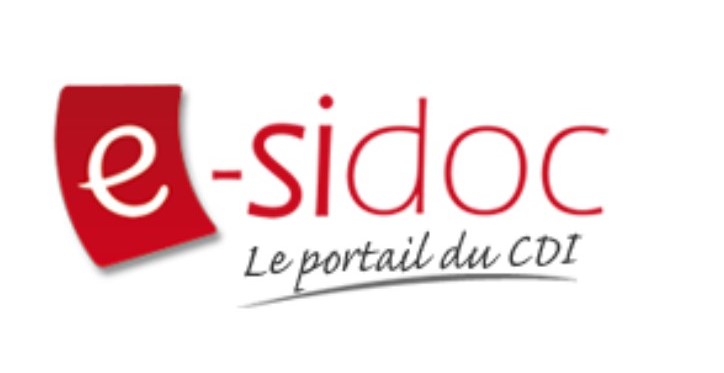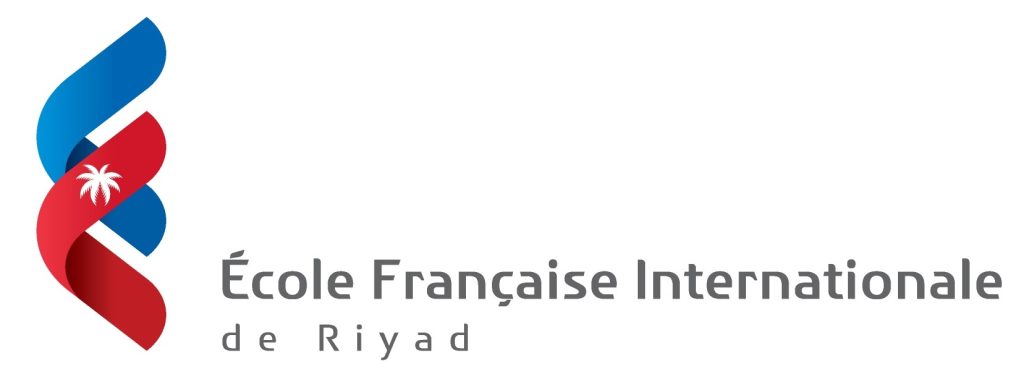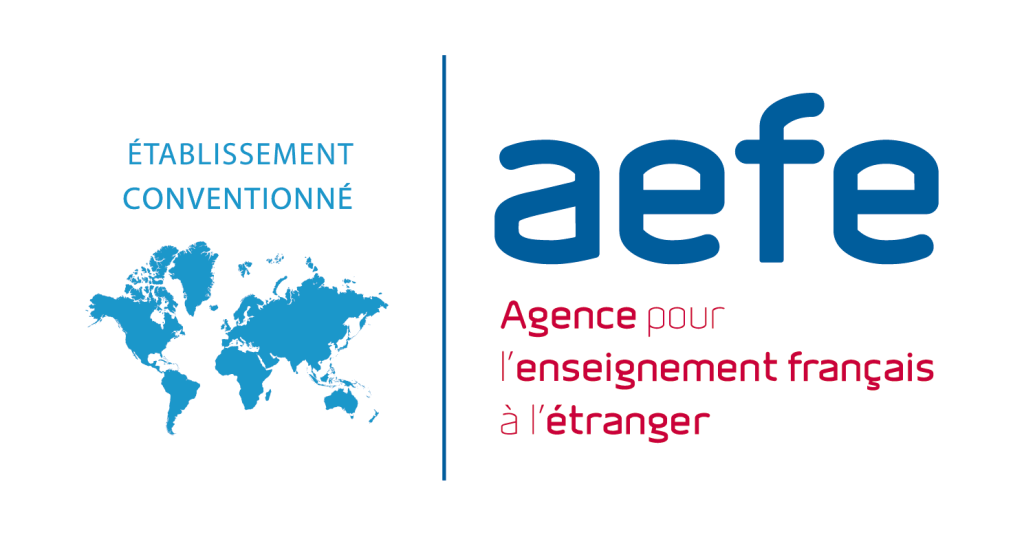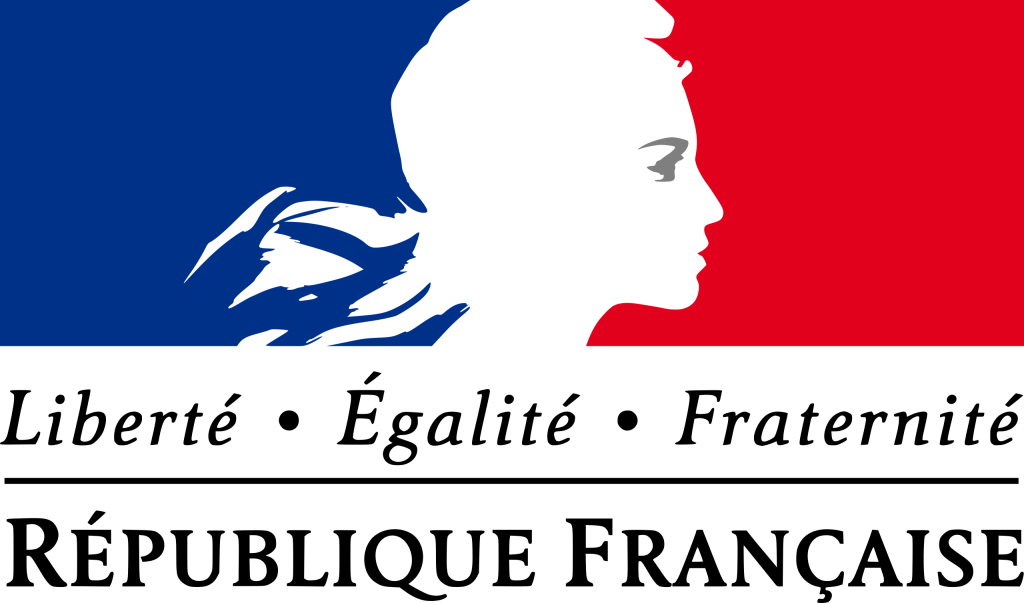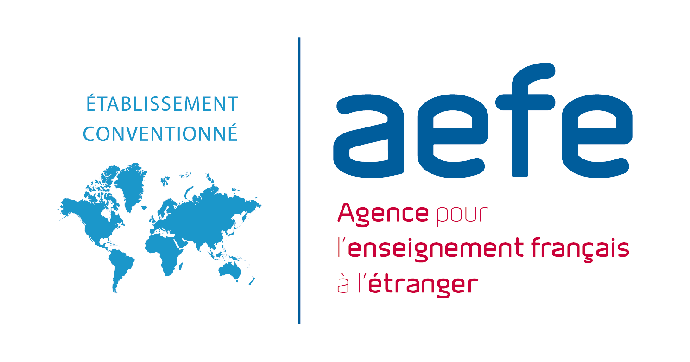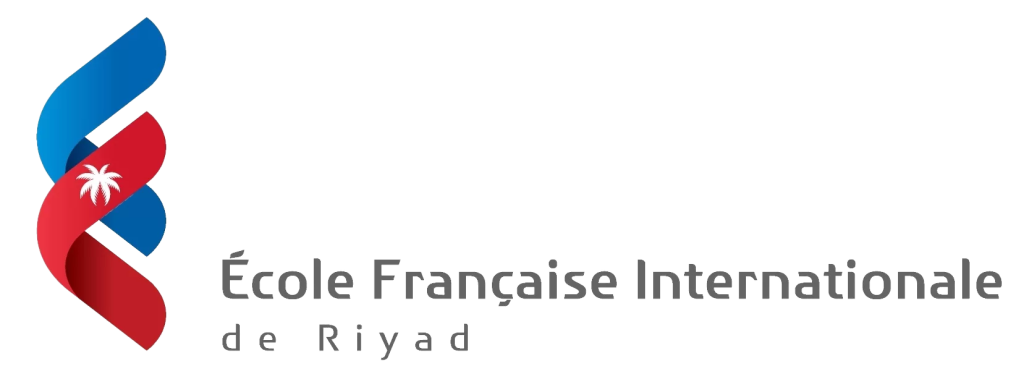The mission of the school nurse
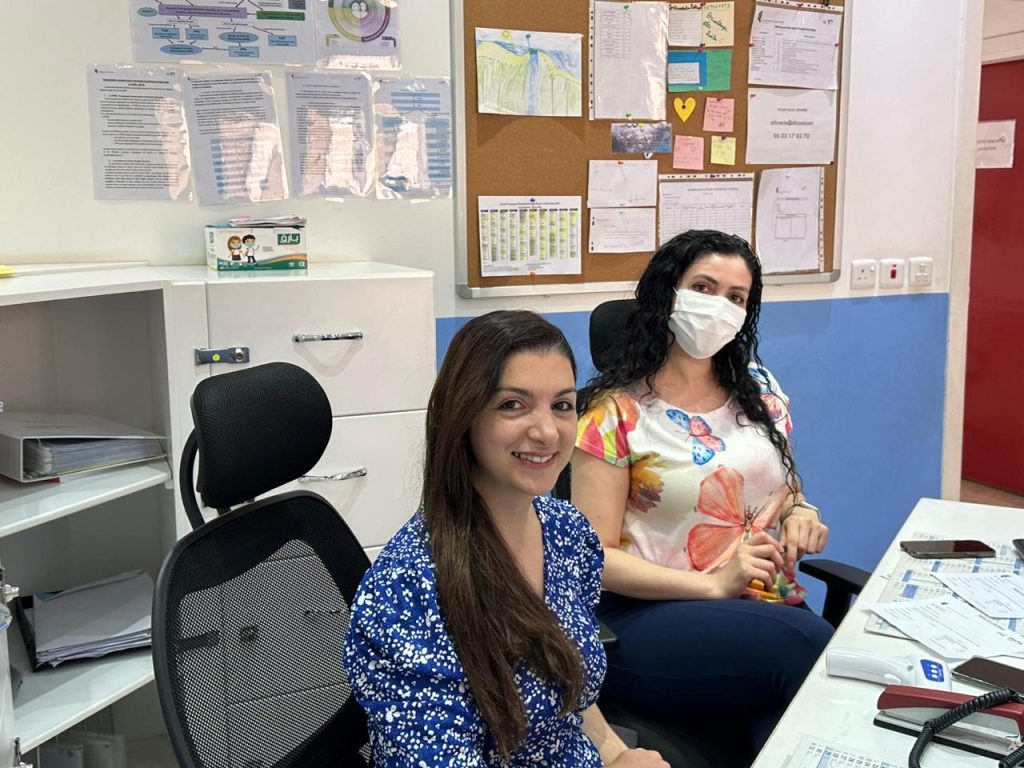
The conception of the school nurse profession, just like the primary mission of national education, is to promote the educational integration of all students in order to promote their academic success, in a harmonious framework where the child becomes the responsible, autonomous actor during his life at school.
This mission, which involves “open doors”, dialogue, empathy and respect for professional secrecy, includes several roles:
Organize emergency care
- Listen, gain confidence.
- Evaluate the situation.
- Practice first aid.
Perform nursing screening
- Vision, hearing, or other health problem…
- Inform families in order to take the problem into account as quickly as possible. Our students are followed from kindergarten to high school by the same team.
Take into account the student's discomfort
- Knowing how to detect a child in distress before they become marginalized and/or at risk of academic failure. The nurse then works in close collaboration with the school psychologist.
Educate and prevent
- Collective education: mission of action, prevention based on intervention by the class nurse (e.g. at the request of a teacher) to address a particular and specific subject (e.g.: tobacco, nutrition, harassment) while respecting others.
- Individual education: at the student's request for information or upon detection of risky behavior (addictive behavior).
Contact: infirmerie@efiriyad.com
Two nurses welcome the students: Maya Nassar and Najlaa Jennani El Boufrahi
School can rhyme with suffering for many children: conflicts with other students or with teachers, learning difficulties or concerns about adaptation, all situations that bring them to the psychologist's office.
The school psychologist does not practice psychotherapy, strictly speaking, within the school establishment. Its role is essentially focused on screening students in difficulty, particularly those with learning difficulties (dyslexia, dyscalculia, hyperactivity, attention deficit, etc.).
The main axes of his work are based on observation, listening, support and possible orientation towards more specific care. Its action with children, parents and teachers, at their request, gives it a coordination mission in the triangular child-school-family relationship and provides insight complementing the knowledge of the child-student.
Its function also consists of:
- spot the signs of discomfort before they cause deep suffering;
- prevent academic failure by offering tools and devices that vary depending on the student, without forgetting specific situations due to a disability or illness;
- manage relationship problems and prevent harassment;
- promote communication around issues related to adolescence (alteration of body image, emotional disappointments, eating disorders, conflicts with authority, etc.).
All this contributes to introducing more flexibility and understanding towards the child and to promoting the blossoming of their potential and the development of their personality in optimal conditions.
The school psychologist is present every day from 7:30 a.m. to 1 p.m.
Contact : psychologue@efiriyad.com or ext 9260.
LOUBNA MOUAATARIF holds a Professional Master's degree in clinical psychology from the René Descartes Paris V University.
She worked for around ten years in medico-social institutions working with children, adolescents and families.
Communication from the AEFE – April 2017
Observatory for students with special educational needs
Frequently Asked Questions (FAQ) for parents
What to do in the case of a first expatriation in terms of continuity of the educational career of a student with special educational needs?
Abroad, only general French educational establishments exist. There are no specialized structures like those that exist in France.
Before your departure, find out about the existing systems (educational, paramedical or healthcare) as well as the possibilities of using medical/paramedical personnel, their cost and the reception conditions in your future country of expatriation. It is important to carefully measure constraints of all types (availability to accompany your child, cost of a carer, language barrier, socialization, cost and financing of care in a specialized establishment abroad, etc.).
You should contact the French educational establishment closest to your place of expatriation, which will be able to inform you of the educational arrangements that can be put in place.
If you have to go abroad for a limited period of time, your child's background should be discussed, if necessary, with the MDPH of your department of residence before your departure to discuss the continuation of their education upon your return to France.
If you plan to stay in the host country for the long term, consider continuing your studies or entering professional life.
http://www.aefe.fr/ And http://www.mlfmonde.org/
As part of the inclusive school, solutions can be provided during the implementation of educational arrangements at the establishment level or with the support of the National Center for Distance Education if the student is already there. registered:
http://eduscol.education.fr/cid84599/l-ecole-inclusive.html
http://www.cned.fr/scolaire/ecole/
What should you do when you experience academic difficulties or discover problems while living abroad?
An educational team is brought together by the head of the establishment or his representative. This team is made up of the different people who have educational responsibility for the student: the head of school or his representative, the parents or their representatives, the teachers concerned, etc. It is the body which examines his situation with regard to his educational background.
Its objective is to seek appropriate responses, to propose an action plan and to develop an educational system which best meets the student's education needs, internally and/or with external aid. The composition of this team may vary depending on the evolution of the child's educational environment.
According to the needs of the student and always in agreement with the parents:
- the establishment can set up a PPRE (personalized educational success program) to organize specific actions in the event of insufficient mastery of certain skills or knowledge.
- After the advice of a doctor, the establishment can provide a PAI (individualized reception plan) for a disabling health disorder.
- In the event of a specific learning disorder recognized by a doctor and with the support of his expertise, a PAP (personalized support plan) may be offered which will be organized at the establishment level.
When there is a need for compensation or the presence of a disability situation may be suspected, the family will be asked, along with the teaching team, to complete a document entitled: academic evaluation grid (GEVASCO). A guide to help evaluate the autonomy of the student (of the child in a school environment) was written jointly by the Ministry of National Education, Higher Education and Research and the National Solidarity Fund for Autonomy (CNSA). Depending on the child's situation, additional opinions may be provided (psychological or medical examination in particular).
http://www.cnsa.fr/documentation/formulaires/formulaires-geva-sco
This procedure makes it possible to consider adapting schooling in a French establishment abroad. If you are of French nationality and your child's difficulties require human support, specific equipment, or adjustments to school time, you are invited to contact an MDPH (Departmental House for Disabled Persons) of your choice in France to examine the possibilities and possible allocation amounts.
You must also find out about local specialized structures which may, depending on the country, have similarities with existing systems in France; You must take into account your child's mastery of the country's language to integrate this structure, as well as the conditions of acceptance of the application.
What is my role as the parent of a student with special educational needs?
Parents are an integral part of the educational team which carries out collegial work to design and monitor the support program to be put in place. The family can call on external people who follow the student as part of monitoring outside of school: therapist, speech therapist, etc. If they cannot travel, they can send a report. Each educational team meeting must be the subject of a written record of decisions signed by all participants.
What is the situation of French establishments in terms of accessibility?
Newly built establishments incorporate standards in terms of accessibility for people with sensory or motor disorders (elevator, inclined planes, rumble strips, light alarms, etc.). In older establishments, it is advisable to anticipate and see what can be done (for example an inclined plane) to allow wheelchair circulation in the establishment. Sometimes in preschool or elementary classrooms, it can be helpful and convenient for the student's classroom to be located close to the entrance. From middle or high school, it can be envisaged that it is the teachers and not the students who change classes when the situation allows it.
How are support workers recruited and financed?
The priority is to ensure the necessity of this support with regard to the autonomy of the student, with the primary objective of their academic and social inclusion. It is then necessary to determine as an educational team the number of weekly hours useful to ensure schooling adapted to the child's needs.
Abroad, it is the parents who recruit the accompanying person for the schooling of a student with a disability and pay them, according to local law and the level of local remuneration. The accompanying persons act under the educational responsibility of the teacher under the authority of the head of the establishment, respecting the internal regulations of the establishment.
French families on scholarships can benefit from financial participation from the State.
http://www.aefe.fr/scolarite/bourses-scolaires/cadre-general
What response is appropriate for the situation of a student suffering from a disabling health disorder?
An individualized reception plan (PAI) can be set up at the family's request. It will be signed and shared by all the actors taking part in the project (health center of the establishment, parents, the head of establishment or his representative, teachers, etc.).
http://eduscol.education.fr/pid23254-cid53567/la-scolarisation-des-enfants-malades.html
What response is appropriate for the situation of a student presenting lasting academic difficulties originating from one or more learning disorders (“dys”)?
A personalized support plan (PAP) can be put in place. It must be shared by all stakeholders taking part in this educational project (parents or their representative, the head of school or his representative, teachers, students depending on their age, etc.). The PAP will specify the educational adaptations to be implemented within the framework of ordinary schooling after consulting a doctor or staff from the health center of the establishment: nurse, referring doctor, attending physician, etc.).
http://eduscol.education.fr/cid86144/plan-d-accompagnement-personnalise.html
What response is appropriate for the situation of an intellectually precocious student (EIP)?
A personalized educational success program (PPRE) can be put in place and specific accommodations can be planned according to the student's needs. It will be signed and shared by all stakeholders taking part in the project (parents or their representative, the head of school or his representative, teachers, students depending on their age, etc.).
The proposed PPRE document will specify the possible adjustments within the framework of an adapted and individualized schooling path according to the student's potential.
http://eduscol.education.fr/cid50680/definition-et-objectifs.html
What response is appropriate for the situation of a student experiencing persistent academic difficulties?
A personalized educational success program (PPRE) can be put in place. It will be signed and shared by all stakeholders taking part in the project (parents or their representative, the head of school or his representative, teachers, students depending on their age, etc.). It is a program adapted to the needs of each student, which builds on the skills acquired. It is also modular: its content and intensity evolve depending on the student concerned. Finally, it is temporary: its duration depends on the difficulty encountered by the student, as well as their progress.
http://eduscol.education.fr/cid50680/definition-et-objectifs.html
A bridge PPRE must be set up between the school and the college if difficulties persist. It makes it possible to coordinate actions to provide an effective response to the management of difficulties encountered by the student in each of the training areas of the common core.
How to request accommodations for the French national exams (national patent diploma and baccalaureate)?
The head of the establishment must ensure that students and their families are informed of these procedures and approaches from the start of the year. It is also important to find out about the aid or support sometimes granted by local authorities. In order to take into account the time required to study the request to organize the accommodations, candidates should submit their request to the head of the establishment (or the person in charge of the examination center for CNED candidates) as soon as possible. , preferably at the time of their registration for the exam. This request is made as follows:
– sending by the candidate's family of the accommodation request to the head of the establishment. It must be accompanied by supporting documents: medical information, educational elements which make it possible to assess the candidate's situation and to highlight the needs for adjustments for the examination presented (PPS, PAP, PAI, etc. and/or the assessment of material and educational arrangements put in place for the student, carried out by the teaching team with a view to taking the exam);
– transmission of the request by the head of the establishment to the cooperation and cultural action advisor (Embassy);
– transmission by the latter of all requests to the doctor designated by the consular authority;
– the doctor issues an opinion, in accordance with the provisions of the circular of August 3, 2015, and submits it to the cooperation and cultural action advisor;
– transmission of opinions to the rector of the home academy who notifies the candidates of his decision and also informs the cooperation and cultural action advisor.
What to do in the case of a request to arrange examinations made after the deadline (case of an accident or late diagnosis)?
You must contact the head of the establishment who will take charge of the examination center as quickly as possible.
How can the language offering be adapted in the event of learning difficulties?
When registering in a French educational establishment, the student's language background integrating the family's linguistic environment must be taken into account. French being the language of schooling, the student's journey is part of an overall family project in linguistic and cultural matters.
Schooling a student with learning difficulties in a multilingual establishment requires the family to be very available to support the student in his or her journey and work with the teaching team.
All adaptations are subject to the establishment's internal possibilities and are discussed by the educational team. Medical advice may be requested by the establishment and/or the family.
How to consider guidance for students with special educational needs?
This is a question that arises for all students. Orientation is a process that is based on questioning and developing a project for the student. It requires support for the student by their family and by the entire educational team of the establishment. The head teacher is his first contact. In an establishment, there may also be a PRIO (Personnel Resource Information Orientation). You can find an explanatory note on the AEFE website in the orientation section which will provide you with the necessary information on the role and missions of this staff via the following link:
https://www.aefe.fr/sites/default/files/asset/file/2017-09-15-note-prio-n1762.pdf
Many resources are available online for students abroad.
When there is a PAI, PAP or PPS, the essential elements of the file must be taken into account by parents in their request for guidance.
A cat online also exists; You can find information by clicking on the following link: http://www.monorientationenligne.fr/qr/index.php.
The student can ask questions and a professional contact provides them with answers.




